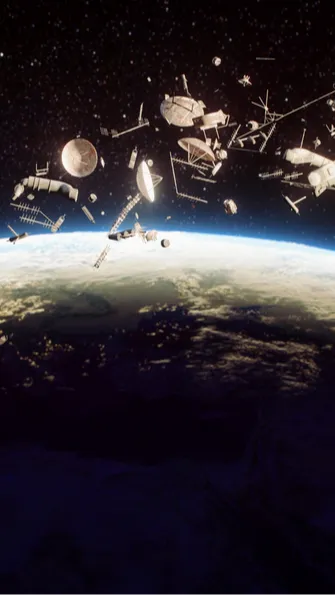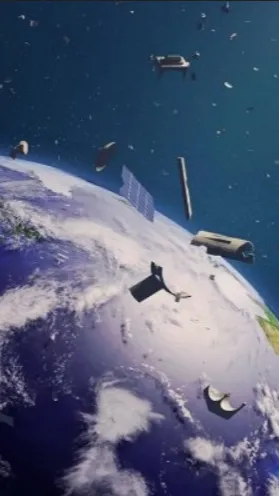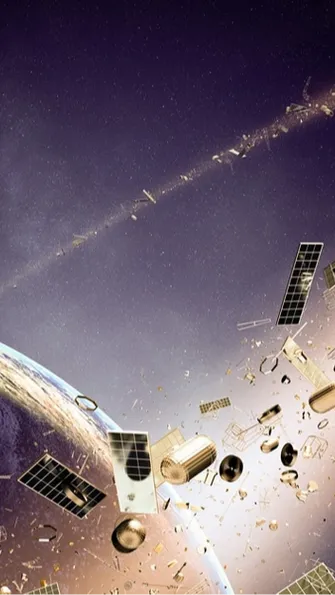


For the first time, US authorities have fined a television station for not correctly removing its satellite waste.
The Federal Communications Commission (FCC) fined DISH Network for not properly deorbiting the EchoStar-7 satellite. The satellite had been in orbit since 2002.
"This is the first time space junk enforcement has been carried out by the Commission, which is stepping up its satellite policy efforts," said the FCC, which authorizes space-based telecommunications services, as the AFP news agency quoted.
As the geostationary satellite neared the end of its operational life, DISH moved it to a lower altitude than approved, which could raise concerns about orbital debris, the FCC said.

However, as fuel was running low, the EchoStar-7 satellite was decommissioned at more than 120 km above its original arc.
"As satellite operations become more prevalent and the space economy accelerates, we must ensure operators comply with their commitments," said FCC enforcement bureau chief Loyaan A Egal.
"This latest settlement makes clear that the FCC has strong enforcement authority and the ability to enforce critically important space junk regulations."
The FCC added, "The settlement includes an admission of responsibility by the company, an agreement to comply with a compliance plan, and to pay a fine of $150,000."

The European Space Agency (ESA) estimates that about one million pieces of debris measuring more than one centimeter - large enough to turn off a spacecraft - are in Earth orbit.
This is already causing problems, from a near-miss in January 2022 involving a Chinese satellite to a five-millimeter hole in the International Space Station's robotic arm in 2021.
With satellites being crucial for GPS, broadband, and banking data, collisions pose a significant risk on Earth.
This is notes